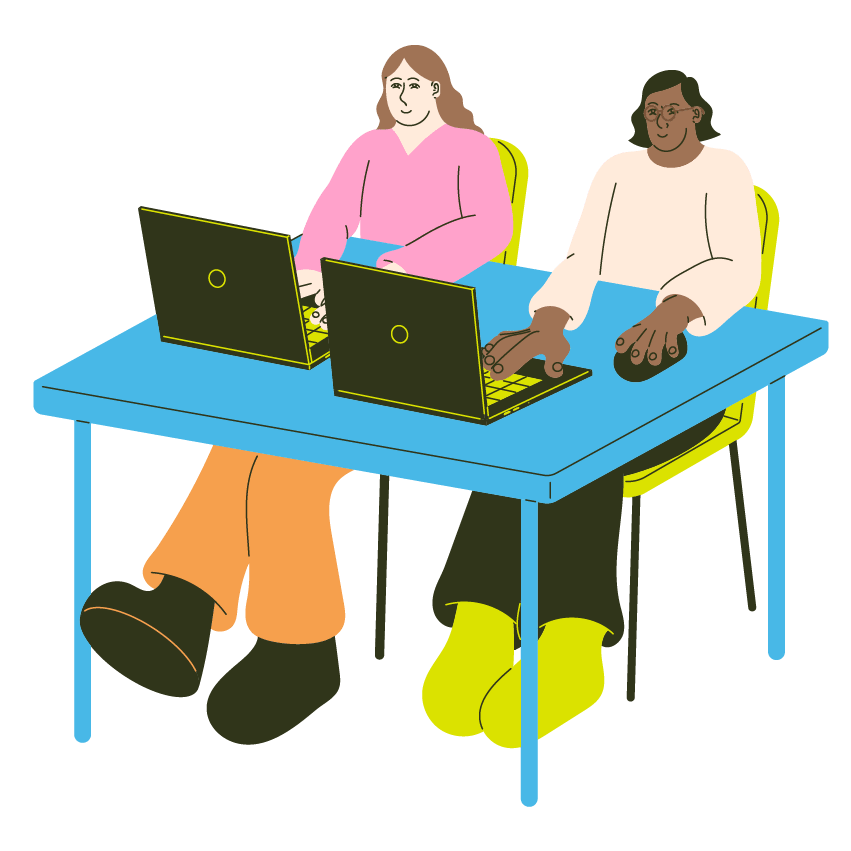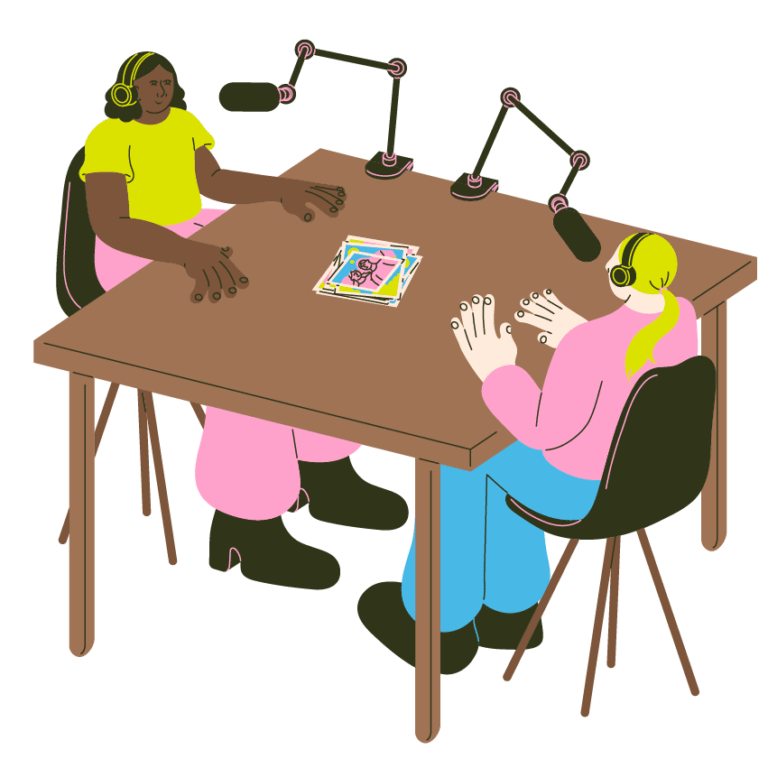Our project intended to deliver an induction programme to support New Scots to learn English and build social connections with the wider community following their arrival in Inverclyde, building on elements of practice that have worked both locally and elsewhere in Scotland.
Our intention is that this would develop the foundations for a model beyond the induction phase to enable New Scots to develop English and social connections hand in hand, one supporting and strengthening the other.





